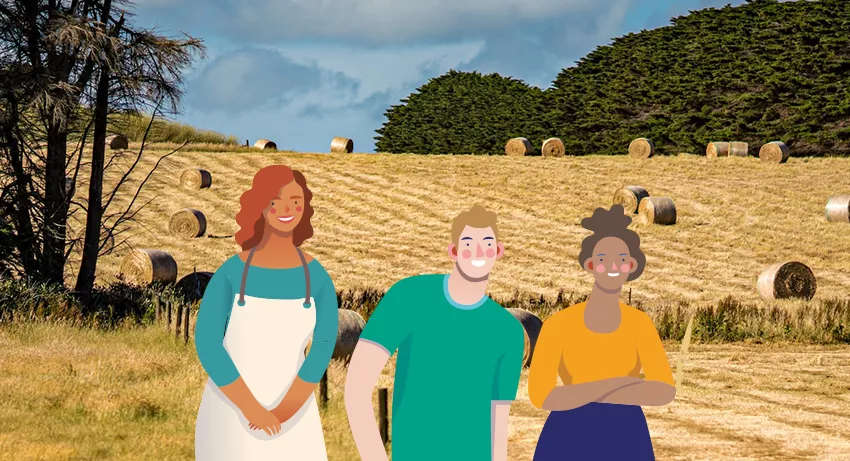The rural revitalisation platform is out!
The rural revitalisation platform has been launched last week during the Rural Pact Policy Action Lab event on depopulation. It stems from the EU Long-Term Vision for Rural Areas and its objective to support stronger rural areas by 2040.
The platform gathers information and resources for rural communities facing population loss, ageing and demographic decline. A wide range of stakeholders are invited to use the platform, from regional and local authorities to Local Action Groups, national CAP networks and any rural stakeholders working to revitalise their territory.
The platform is designed to provide to rural stakeholders with good practices and inspirational policy experiences to help them understand the enabling factors of revitalization.
Moreover, the platform offers space for discussion and exchanges within thematic or geographic online community groups. Users are invited to join a community and use this space to further exchange on experiences and look for solutions adapted to their territory. You can already join the community groups on Smart Villages and on Women in Rural Areas if you are interested in these topics. Euromontana has proposed to create a community group for mountain areas and hopes that it will be operational soon.
Check out the other tools from the Long-Term Vision for Rural Areas
The rural revitalisation platform is dedicated to rural areas facing depopulation. Stakeholders willing to exchange on topics that are not related to depopulation are welcome to join the Rural Pact community platform!
The EU Rural Observatory, another result from the Long-Term Vision for Rural Areas, is also available to provide you with data and support policymaking.
These tools will soon be complemented by the Toolkit on funding for rural areas, which aims at guiding rural stakeholders throughout the different funding programmes available depending on their needs or ambitions. The Toolkit should be published in September.
Euromontana welcomes the publication of these various tools and intends to promote them among mountain stakeholders to facilitate exchanges and support policy-making.
